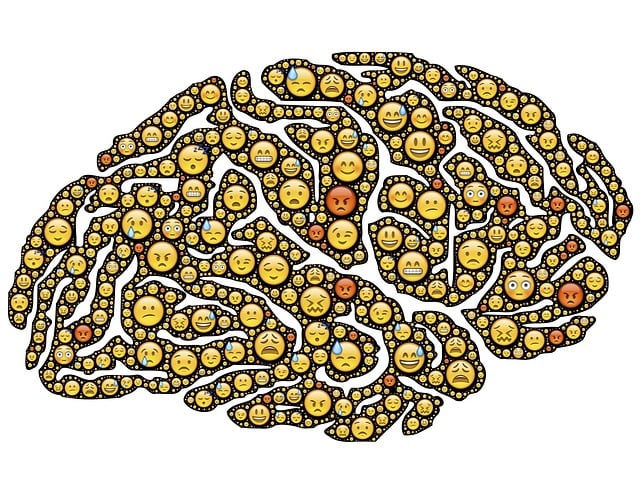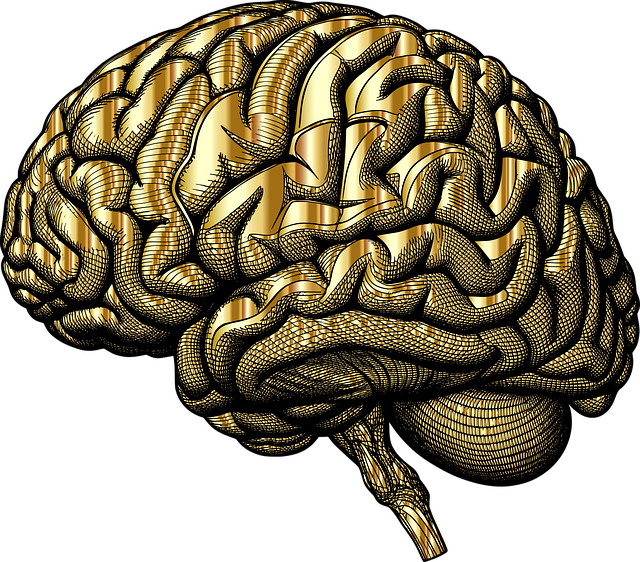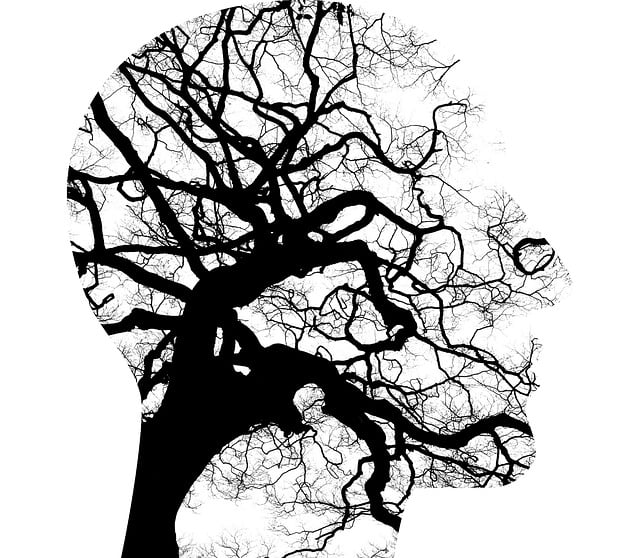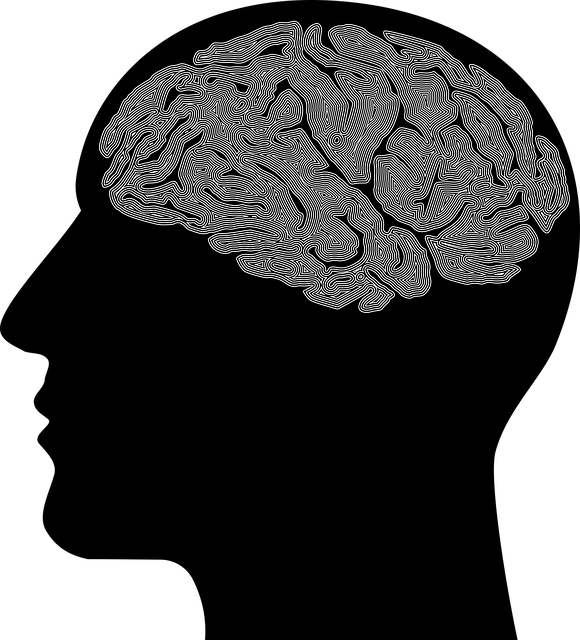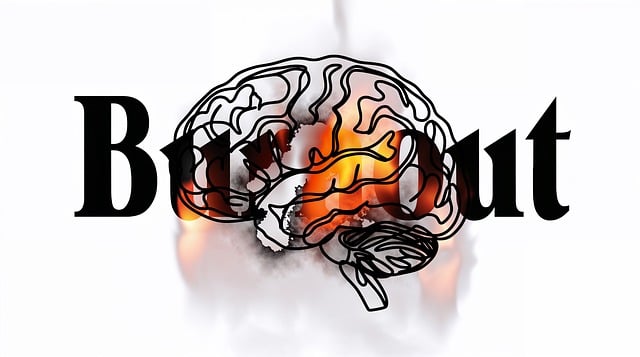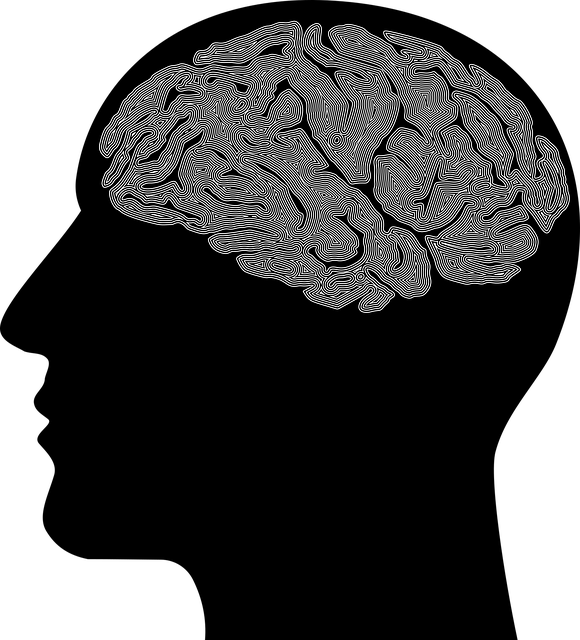Broomfield Chronic Pain Therapy focuses on empowering individuals to manage their chronic pain by developing effective coping skills, both physical and mental. Through mindfulness practices, relaxation techniques, and emotional healing exercises, patients learn to reduce stress, improve resilience, and reframe negative thoughts associated with pain. This holistic approach, tailored to each person's unique needs, enhances overall well-being, preventing burnout for both patients and healthcare providers, and enabling individuals to lead more balanced and fulfilling lives despite chronic pain.
Coping skills development is a vital aspect of managing chronic pain, offering individuals strategies to navigate daily challenges. This article explores various facets of enhancing coping mechanisms, from understanding their significance to identifying personal strategies and implementing practical techniques. We delve into unique approaches like Broomfield Chronic Pain Therapy, which provides targeted interventions for effective pain management. Additionally, we discuss building resilience as a key component of long-term coping skills development, empowering individuals to thrive despite persistent pain.
- Understanding Coping Skills and Their Significance
- Identifying Individual Coping Strategies
- Broomfield Chronic Pain Therapy: An Approach to Enhancing Coping Mechanisms
- Practical Techniques for Daily Coping with Pain
- Building Resilience: Long-Term Coping Skills Development
Understanding Coping Skills and Their Significance

Coping skills are the strategies individuals use to navigate life’s challenges and manage their emotional responses. In the context of Broomfield Chronic Pain Therapy, understanding and developing effective coping mechanisms is paramount. Chronic pain can significantly impact a person’s quality of life, leading to increased stress, anxiety, and even depression. Therefore, learning coping skills becomes an essential tool in managing pain and improving overall well-being.
The significance of these skills lies in their ability to foster resilience, enhance emotional regulation, and promote healthier conflict resolution techniques. By adopting strategies such as mindfulness, relaxation exercises, or engaging in creative outlets, individuals can better handle difficult situations and reduce the negative impact of stress hormones. This proactive approach to coping is crucial in managing chronic pain, ensuring a more balanced and fulfilling life despite ongoing physical discomfort.
Identifying Individual Coping Strategies

Everyone copes with stress and challenges differently, which is why identifying personal coping strategies is a vital step in Broomfield Chronic Pain Therapy. Understanding how an individual responds to difficult situations—whether it’s through physical activities, creative outlets, or social connections—is key to developing effective coping skills. This process involves introspection and recognizing the unique ways one navigates life’s challenges.
Emotional healing processes often begin with self-awareness, which can be cultivated through practices like mental wellness journaling exercises. By documenting thoughts and feelings, individuals gain valuable insights into their emotional responses. Additionally, crisis intervention guidance can provide structured tools to manage intense emotions during challenging times, fostering resilience and effective coping mechanisms.
Broomfield Chronic Pain Therapy: An Approach to Enhancing Coping Mechanisms

Broomfield Chronic Pain Therapy offers a specialized approach to coping skills development, focusing on empowering individuals living with chronic pain. This innovative method goes beyond traditional treatment by addressing the psychological and emotional aspects often overshadowed in conventional care. Through a comprehensive risk assessment for mental health professionals, therapists tailor interventions to enhance clients’ confidence and resilience.
By integrating evidence-based techniques into their practice, healthcare providers can improve coping strategies. This includes cultural competency training, which equips them to understand and support patients from diverse backgrounds. The ultimate goal is to enable individuals with chronic pain to navigate their conditions more effectively, improving overall well-being and quality of life.
Practical Techniques for Daily Coping with Pain

Coping with chronic pain on a daily basis can be challenging, but there are practical techniques that can significantly enhance one’s quality of life. Broomfield Chronic Pain Therapy offers valuable insights into building inner strength and developing emotional resilience. This involves learning to manage stress through mindfulness practices, deep breathing exercises, and meditation—all of which have been proven effective in reducing pain perception.
By incorporating these practices into daily routines, individuals can foster burnout prevention strategies not just for themselves but also for healthcare providers supporting them. Emotional healing processes are an integral part of this journey, focusing on cognitive reframing to change negative thought patterns associated with pain. This holistic approach empowers individuals to take control of their well-being and live more fulfilling lives despite ongoing physical discomfort.
Building Resilience: Long-Term Coping Skills Development

Building resilience is a cornerstone of long-term coping skills development, especially when navigating Broomfield chronic pain therapy. The ability to adapt and bounce back from challenging situations, such as managing persistent pain, is fostered through cultivating inner strength and applying Mind Over Matter principles. By focusing on mental health awareness, individuals can learn to reframe their perspective, fostering a sense of control and empowerment. This, in turn, enhances coping strategies, enabling people to manage stress, anxiety, and depression that often accompany chronic pain.
Over time, these practices strengthen one’s psychological resilience, leading to better overall well-being. Developing these skills not only helps individuals cope with current challenges but also equips them with valuable tools to face future setbacks, fostering a more balanced and fulfilling life despite the presence of chronic pain.
Coping skills development, as highlighted by Broomfield Chronic Pain Therapy, is a vital component of managing and overcoming chronic pain. By identifying personal coping strategies and employing practical techniques daily, individuals can enhance their resilience and overall well-being. Understanding the significance of these skills allows for better navigation through challenging situations, ensuring a more balanced and fulfilling life despite persistent pain. This comprehensive approach, as discussed in this article, offers a path to long-term coping skills development, providing folks with the tools to embrace a symphony of life, even amidst discomfort.
